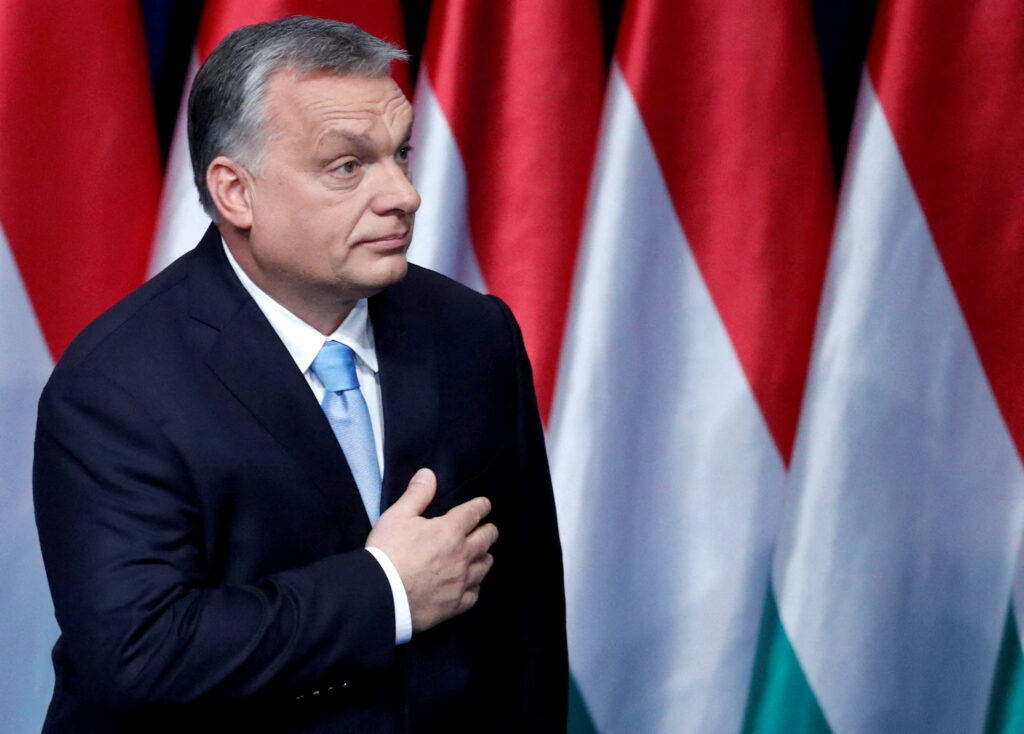Hungary will create an anti-corruption authority and a working group involving non-government organisations to oversee the spending of European Union funds, the government said in a decree in its official gazette late on Monday.
The move by Budapest is aimed at unlocking EU funds as nationalist Prime Minister Viktor Orban’s government is locked in battles with Brussels over corruption, migration, LGBTQ rights and democratic standards.
The European Commission has been withholding its approval for Hungary to draw on money meant to help lift economies from the Covid-19 pandemic, accusing Orban’s government of undermining the rule of law.
Hungary also faces financial penalties from the European Union over the same rule of law issues, including public tender procedures that fall short on anti-corruption safeguards.
The government will introduce a bill in parliament creating an independent anti-corruption authority by September 30 and expects it to be set up by November 21.
The new body will step in if Hungarian authorities do not take sufficient steps to “prevent, investigate and fix cases of fraud, conflict of interest, corruption or other crimes and abuses” as European Union funds are spent, the decree said.
The government will also create an anti-corruption working group to advise the authority. Half the members of the group will be government delegates and the others will be representatives of non-governmental organisations.
Orban’s government has come under increased pressure in recent months to strike a deal with Brussels as the forint currency hit new lows and inflation keeps surging.
PM Orban’s chief of staff said last month that Hungary will amend by the end of October several laws criticised by the European Commission if an agreement on financial aid is reached with the EU executive.
Gergely Gulyas also said Hungary would create a “stricter than ever” and most transparent system for overseeing the use of EU funds and procurement contracts.




